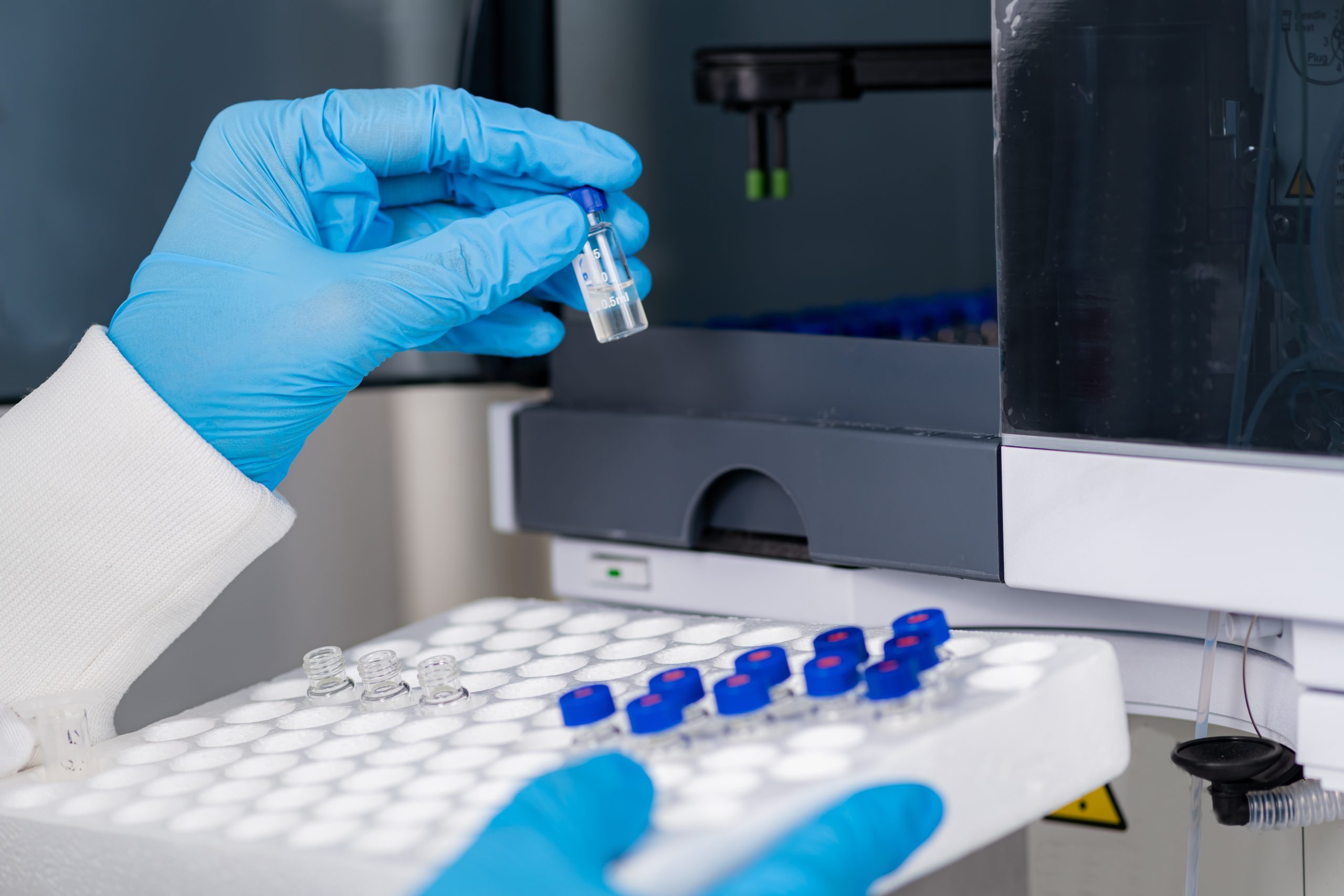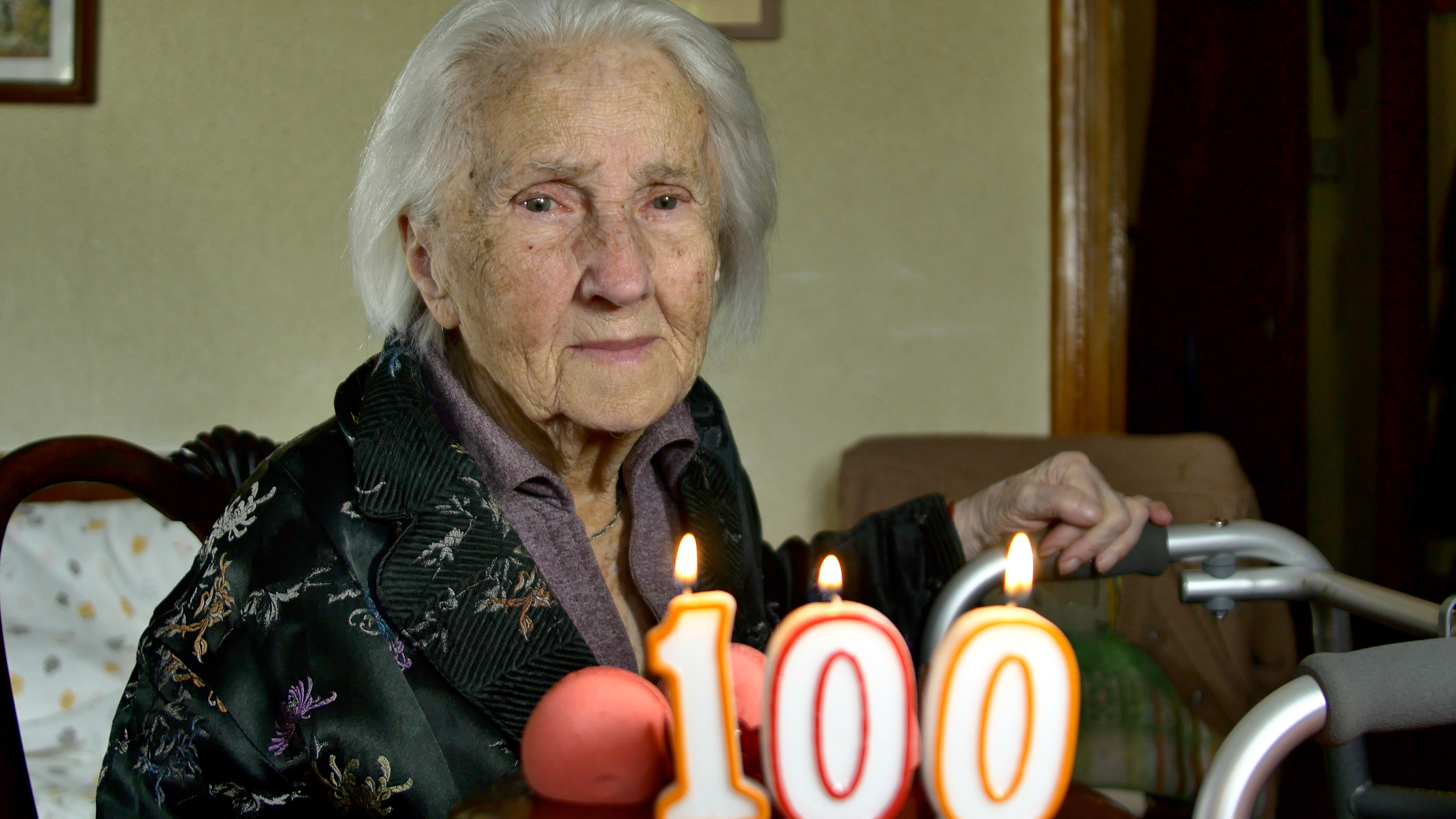Yoga for Longevity
Scientific research verifies the health benefits of ancient yogic and meditation practices.
The global population is aging at an unprecedented rate. By 2050, over 2 billion people worldwide will be over age 60. This is expected to be accompanied by a rise in age-related degenerative problems, but declining health doesn’t have to be an inevitable part of growing older. Research indicates yoga can help prevent and even reverse the detrimental effects of aging.
Yoga detox—the process of moving blood around the body by practicing yoga poses—can lower risk of obesity, hormonal imbalance, inflammation, diabetes and heart disease for those over 40 years old, according to a landmark study conducted by researchers from institutions that included the University of California, San Diego.
The yoga detox group in the study had measurable decreases in blood-based metabolites associated with maladies that too often come with age. That suggests yoga detox can help manage weight, improve well-being and support longevity in a short period of time.
DNA and longevity
Yoga and meditation can protect and even lengthen DNA telomeres, research shows. Telomeres, located at the tips of DNA chromosomes, shorten with aging and age-related diseases, including cancer, cardiovascular disease and diabetes. As telomeres shorten, cells age and die more quickly. Conversely, telomere lengthening can increase a cell’s longevity.
In the study of 88 breast cancer survivors, researchers at the University of Calgary, Alberta, administered either a yoga and meditation program, supportive group therapy or a one-day stress management seminar. All of the patients suffered from significant emotional stress following cancer treatment.
The yoga group participated in weekly 90-minute yoga sessions for eight weeks. They also practiced the yoga and meditation program at home. The group in supportive therapy participated in weekly 90-minute group session for three months.
The yoga and group therapy participants maintained their telomere length. However, the seminar group had shortened telomeres, the researchers found.
“Together, these changes suggest an effect of the interventions on potentially important biomarkers of psychosocial stress,” the study authors write. “Given the increasingly well-documented association between telomere length and cancer initiation and survival, this finding adds to the literature supporting the potential for stress-reducing interventions to impact important disease-regulating processes and ultimately disease outcome.”
The power of kindness
Practitioners of loving-kindness meditation, a Buddhist practice focused on health, happiness and well-being, have longer telomeres than non-meditators, a small but significant study published in the journal Brain, Behavior, and Immunity reports
In the study, researchers at Harvard Medical School obtained blood samples from 15 meditators and 22 non-meditators. They extracted chromosomal DNA from blood cells. The researchers found the meditators had longer telomeres than non-meditators. Furthermore, female meditators had significantly longer telomere length than non-meditators.
“These results offer the intriguing possibility that Loving Kindness Meditation practice, especially in women, might alter relative telomere length, a biomarker associated with longevity,” the study concludes.
Increasing beneficial hormones
Daily yoga practice of increasing intensity significantly increased growth hormone (GH) and dehydroepiandrosterone sulphate (DHEAS) and decreased body mass index.
Biochemical markers of healthy aging, GH (somatotropin) is a peptide hormone that promotes cell generation, and DHEAS is an adrenal hormone associated with immunity and health. Their values tend to decline with aging.
Researchers administered a comprehensive yoga program to 45 adults aged 34 to 53 years for six days per week for 12 weeks. The program combined kriya (cleansing exercises), asana (postures), pranayama (breathing exercises) and meditation for an hour or more, increasing in duration and intensity during the course of 12 weeks.
Preventing degeneration

Yoga can reverse age-related degeneration of the heart, brain and nervous system, studies show. It can increase levels of brain-derived neurotrophic factor (BDNF), a protein that supports mental health and brain health.
Declining levels of BDNF is associated with aging and increased risk of dementia and Alzheimer’s. Researchers randomly assigned a daily, one-hour yoga program, including postures, yoga breathing, and meditation, to three groups of healthy active males.
The evidence from these and many other studies leaves only one possible conclusion: Yoga works as advertised.
Click here for more on yoga for relaxation and stress relief.














